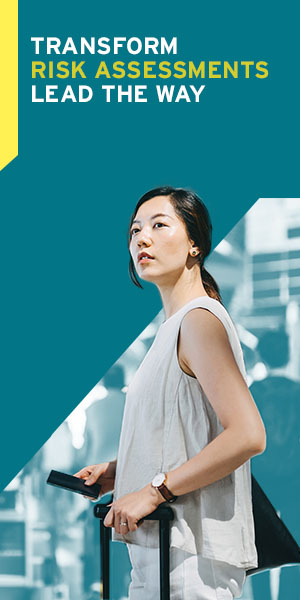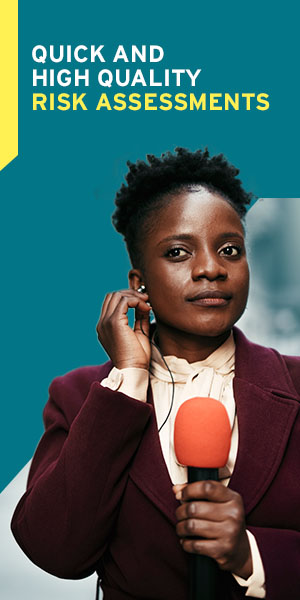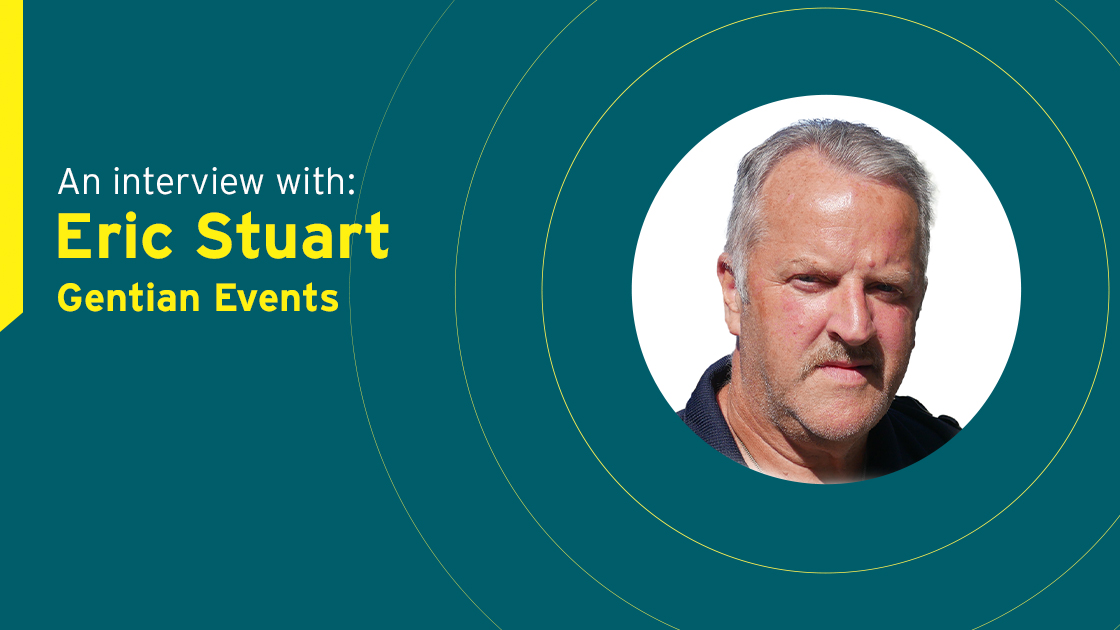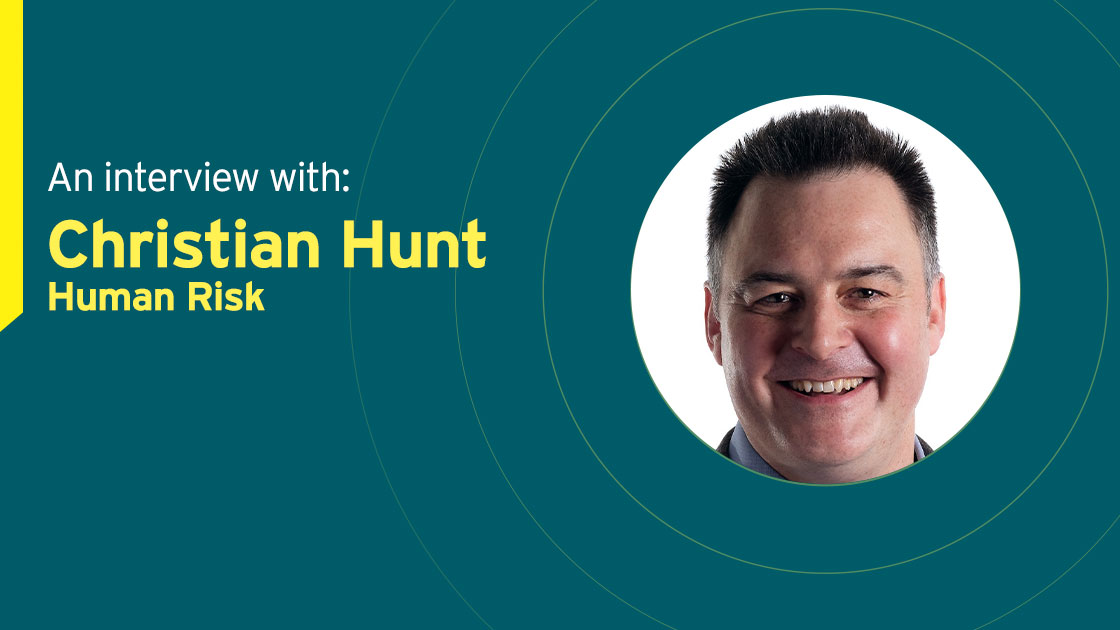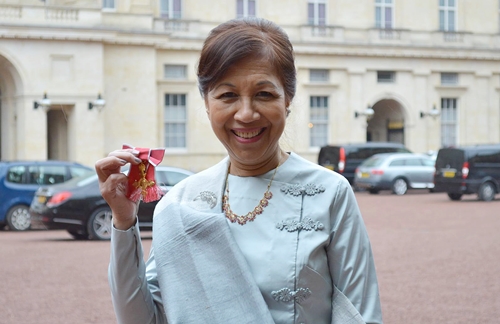
Myanmar Media Safety: Interview with Tin Htar Swe
Media access has been difficult in Myanmar since the military coup on 01 February 2021, and most networks are relying on local freelancers and citizen journalists.
Five media outlets had their licenses revoked this week, and the outlook for media freedoms in Myanmar is bleak.
Colin Pereira spoke to Tin Htar Swe, the former Head of the Burmese Section of the BBC World Service. She has reported on Myanmar for three decades, and has many insights from her experiences running a network of journalists in the country.

When it comes to reporting in Myanmar, you are a leading authority on the subject, so I am delighted to speak to you. Can you tell the readers a bit about yourself?
I joined the BBC in 1988, when the country was facing a very similar popular uprising. Most of my time in the BBC was with the Burmese Service, as a broadcast journalist, then as a Senior Producer and finally as Head of Service.
One of the challenges I used to face as Burmese editor was that for many years we did not have any presence in the country and we had to rely on citizen journalists and reporters based on the borders. They were mostly activists and refugees, who were passionate, dedicated and willing to learn. But their safety was always a concern and I had lots of sleepless nights.
How do you see the calibre of journalists today covering events?
Their safety awareness, I have to say, is very low. But people who have worked as freelancers for foreign media and alongside foreign correspondents are in a better position when it comes to safety. When it comes to young journalists, they are being led by emotion and are rarely aware of safety.
Inexperience means that the younger journalists are often too close to the front. The Burmese military rarely gives warnings when they are about to charge. Young journalists don’t understand you can get the footage from a distance. They do not necessarily understand how to identify an escape route.
Other challenges are that as freelancers, they tend to work on their own, not in teams who can watch out for each other. And they often do not have a vehicle to transport them to and from the protests. So, they are quite vulnerable.
Is personal protective equipment available and does wearing it make journalists a greater target to the police?
It is only available to those already working for the foreign media. There are one or two suppliers but it is too expensive for most local journalists. At best, they wear bicycle or factory worker helmets. Although one reporter who does have full body armour and the correct helmet, confessed to me that because of the weight of the equipment and excessive heat, he finds it impractical to wear.
With regards to targeting, the military will target anyone. Being a journalist offers no protection really.
One of the issues we know of is that foreign organisations are struggling to pay locally hired freelancers. Are you aware of this?
Yes that will be a big issue because all the banks have ceased working. So it is hard paying anyone inside the country. This was even an issue we had when I was working in the BBC. A way around it is to use the “hundi” informal remittance system; which means you can pay an agent or family member outside of Myanmar who can then settle the payment to the journalist in-country later on. But at the moment, it is difficult to make any payments.
What do you do as a foreign editor if you have a local working for you who is arrested?
Well local lawyers are now offering their services for free and in fact they have taken to sitting outside the prisons waiting to help anyone. But it is good if the media formally engages a lawyer to help, but this is a country without rule of law, so…
But at least it sends a message that you care for your staff. If you have a top lawyer, there is also the potential that they can reduce the punishment. And foreign pressure can work.
Is there any foreign support for the Myanmar military?
Due to the historical Western sanctions on the military, they have a long history of sending officers to Russia for further education, particularly in the technology fields. So, a lot of officers are graduates from Russian universities and adept at cyber security. The two militaries have very cordial relations and in fact the coup leader, General Min Aung Hlaing, has even been given awards by the Putin government.
On the other hand, the other traditional supporter of the military is China. The Chinese ambassador has told protesters that they are not happy with the coup. President Xi Jinping had cultivated a very warm relationship with Aung Saan Suu Kyi and China has a lot of economic interests in Myanmar with billions of dollars of investment. With the imposition of sanctions on the Burmese military and their interests, well, this may also hurt Chinese investments. So the Chinese want stability. They do have some leverage over the Myanmar military who looks up to them and needs them. But it is unclear how China will play this out.
How do you see the situation in Myanmar developing?
The military will not back down and the people are equally defiant. The soldiers that have been deployed are battle hardened. A lot of people may not be aware – but the Myanmar army has been fighting against non-state insurrection groups for over 70 years. So, the brutality of the army is well known.
What has caught people by surprise is the wanton destruction of property. We have heard about this happening in the ethnic minority areas, but we were never able to witness it. So now they are doing this in the Burmese areas and people are quite shocked.
It’s very difficult to tell how this will end, but there will be more violence. The military wants to frighten everyone, that is the whole purpose of this.
Is there anything more the foreign media should be doing to assist their local journalists?
The best thing that foreign media can do is to issue a statement condemning the violence, the arrest and harassment of Burmese journalists. It really frustrates me that the big networks never have a coordinated effort to issue a statement saying that free press is essential in a nascent democracy like Burma. I have spoken to the local freelancers and they would feel very much supported by such a statement.
Maybe they [the foreign media] feel that saying something will increase the pressure on the journalists, but I feel that big organisations having a unified voice will have an impact on the military. The military will be more cautious towards local journalists if they are called out – we have seen this in the past. That is of course just my view.
Starting to think differently about your risk assessments and safety?
Contact us to find out more about how RiskPal is transforming the risk assessment process.
Follow Our Socials

